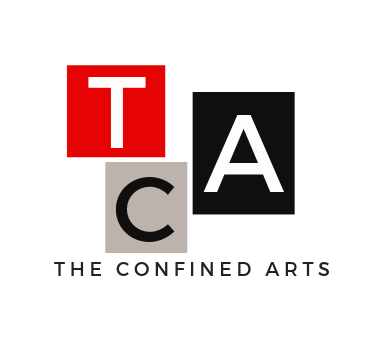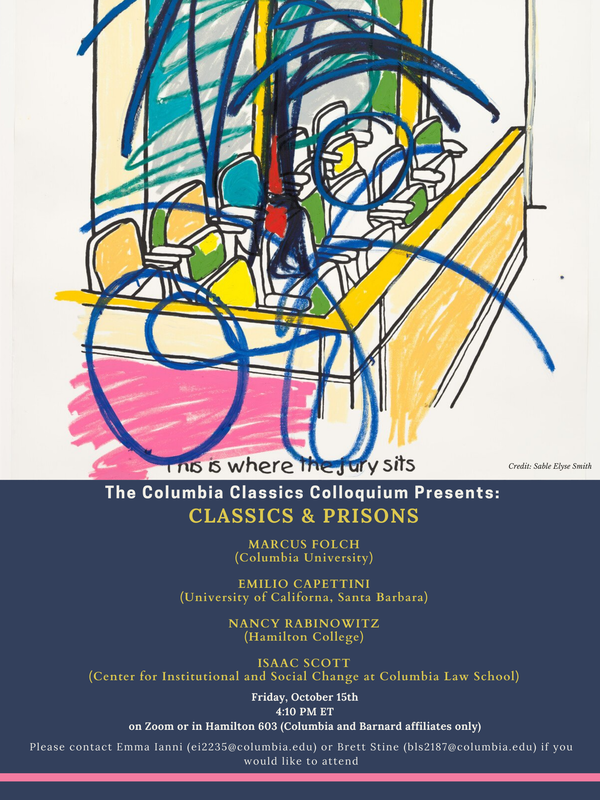|
The elitist and exclusionary history of Classics has been the object of many intellectual debates and public discussions lately. In places like the US, where many people still struggle to have access to education, a Classics education seems not only impossible, but even complicit in exacerbating social inequalities. Furthermore, Classics has often been weaponized as synonymous with social oppression and conservatism. In light of this, what happens when Classics are taught in less privileged contexts? What does it mean to teach Classics in carceral contexts today? Should we perceive it as a paternalistic move by the carceral state to “educate” and “prepare” returning citizens to social life, or can a Classics education still be relevant to the individual? On the other hand, how can marginalized individuals and incarcerated people contribute to the field and make it more inclusive?
This panel will discuss these and many more issues through the lens of pedagogy. It aims to bring together a more theoretical discussion about the carceral system in the US and some practical pedagogical strategies to make Classics more inclusive. It will also analyze what impact a Classics education can have in different areas of society and education, and how this diversity can be used to enrich the field.
0 Comments
|
AuthorThe Confined Arts Communication Team Archives
September 2023
Categories |


 RSS Feed
RSS Feed
